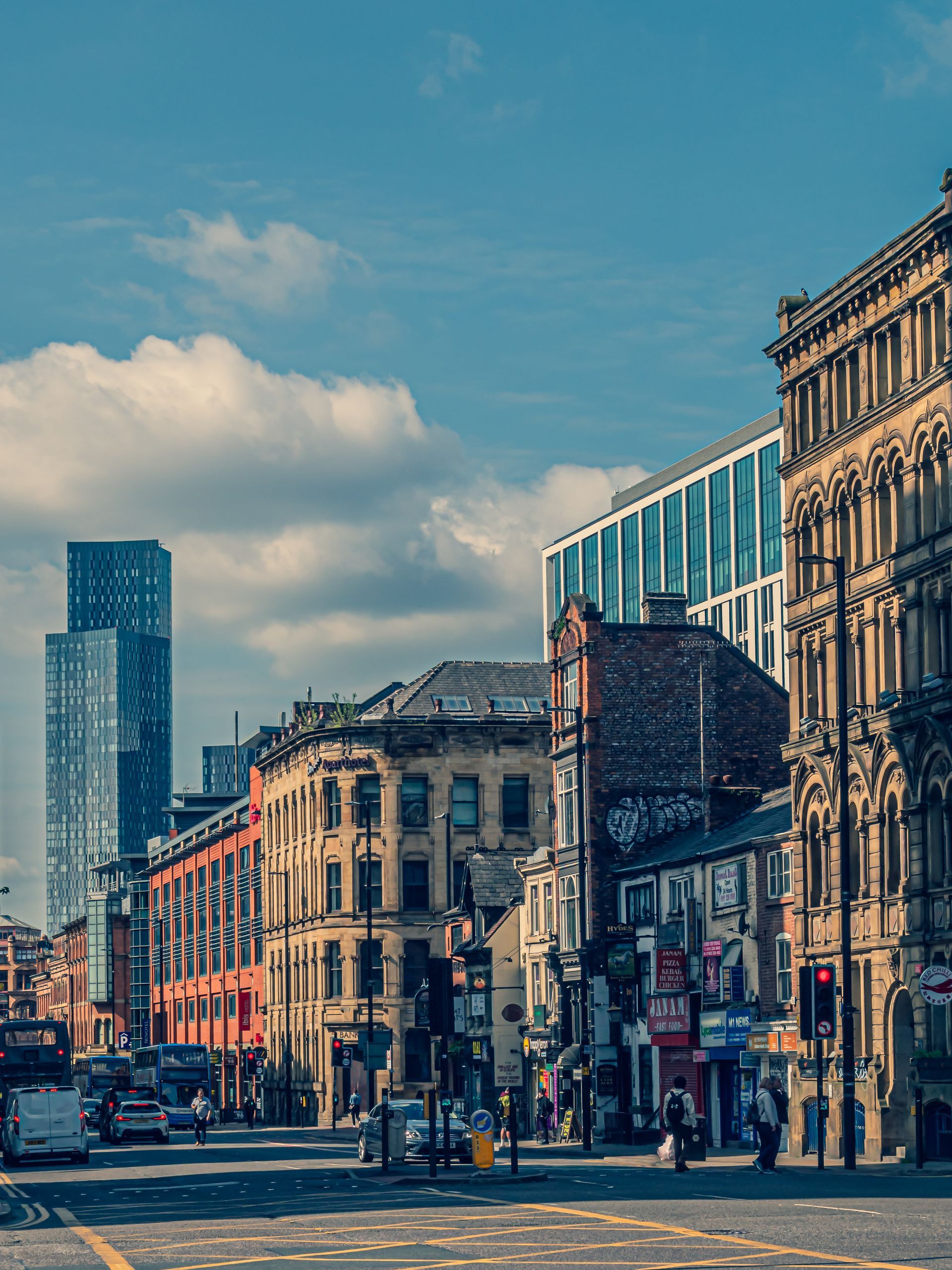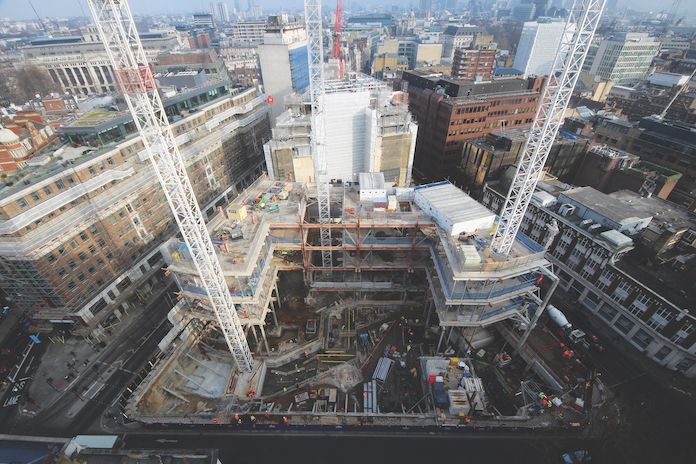Is Manchester undergoing just too much change to its cityscape?
Is Manchester undergoing just too much change to its cityscape?
A skyline unrecognisable from 30 years ago

It is a sought after tourist destination for sober and not-so-sober visitors.
It has a rich industrial heritage, a compact city centre (that you can walk across in 30 minutes), its own free city centre bus, a Gay Village, a booming tech scene and large universities straddling Oxford Road and the Mancunian Way. It is a city with an extensive tram network, fantastic shops and restaurants, is home to 220 languages and sees net inward migration of almost 60,000 people per year and the result is a race for space.
Time travel
If time travel were possible and you were to visit in the 1980s and 1990s, the change was not obvious then. The three landmarks that stood out on the skyline were the original CIS tower, once Europe’s tallest tower, Piccadilly Tower and the Arndale Centre monolith. All three remain, yet are dwarfed by new additions: 20 Stories, the towers of Salford Quays, the Beetham Tower and new developments springing up in Ancoats, New Islington, the Northern Quarter, Spinningfields and Castlefield.
Some people mourn the old Manchester, some argue its identity is being compromised but with booming universities straddling Oxford Road and the Mancunian Way (with many graduates choosing to remain here, after graduating), there is a need for more homes and construction companies are duly obliging.
Deansgate
Look at the Beetham Tower on the south end of Deansgate, for example. Stand next to it and tilt your head and see the four new residential and commercial skyscrapers keeping it company. Walk down Whitworth Street, from Oxford Road station, seeing the defunct arthouse cinema and pass the railway viaducts, packed with businesses. To your right are the new Hacienda apartments and to your left, on First Street, is the new successor to the Cornerhouse: HomeMcr and its clusters of businesses there.
The issue many face when seeing Manchester after a long absence is not confusion - the geography and layout of the city is instantly familiar, but the skyline and pace of change. Many feel that the new buildings are not appropriate for a Victorian industrial city centre, with its many canals, rivers and railways - but resisting change seems to be futile and wholly unnecessary.
Supply and demand
If people want to live in the city centre, where there is more demand than supply of new homes to rent or buy, then construction companies, planners and developers will duly oblige.
What we have to hope that is that the city centre doesn’t become unaffordable and people choose to leave it for more affordable areas and “town” becomes, in parts, like Canary Wharf.
There does seem though little chance of that and if people actively seek city centre living, construction companies will capitalise on that need.
The Metrolink
The Metrolink has been part of the change too, and a very welcome one. Its impact though has gone beyond ease of commuting and pushed property prices up when near a tram stop - like London areas with Tube links.
Towns left out of this transport loop feel left out and have seen decline with Bolton being an obvious place to name. Oldham, Rochdale, Bury, Altrincham, Sale, Eccles, Wythenshawe, Didsbury, Chorlton have seen spikes in property prices and construction projects as the tram tentacles stretch out from the city centre.
More parks and not just for Parklife?
There is a good argument though that Manchester lacks the green spaces and parks of other major conurbations - Heaton Park, near Prestwich, is vast but in the city, just four modest green spaces spring to mind - New Islington Marina, Depot Mayfield, Angel Meadow and Sackville Gardens. There are plans to build new urban spaces on Ancoats Green, on the edge of Miles Platting, as well as a park off Great Ancoats street where derelict land stands from its past as a small retail park.
Green spaces are vital for any city and its dwellers and, at Veritas Surveying, we do hope all come to fruition.
Finally, with a bright present and a brighter future, Manchester will no doubt see issues with construction - estimates, disputes and claims will arise.
How we can help
If you need an expert in this field, contact Richard Barnes today.




